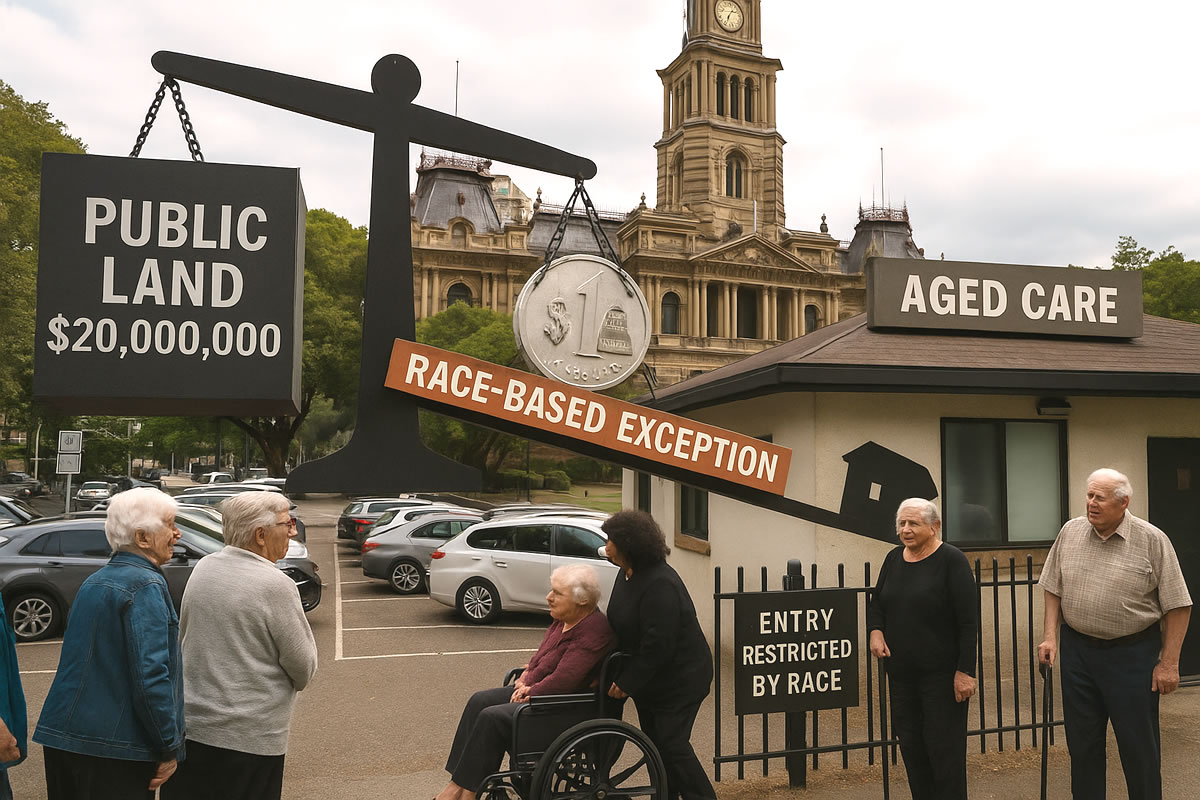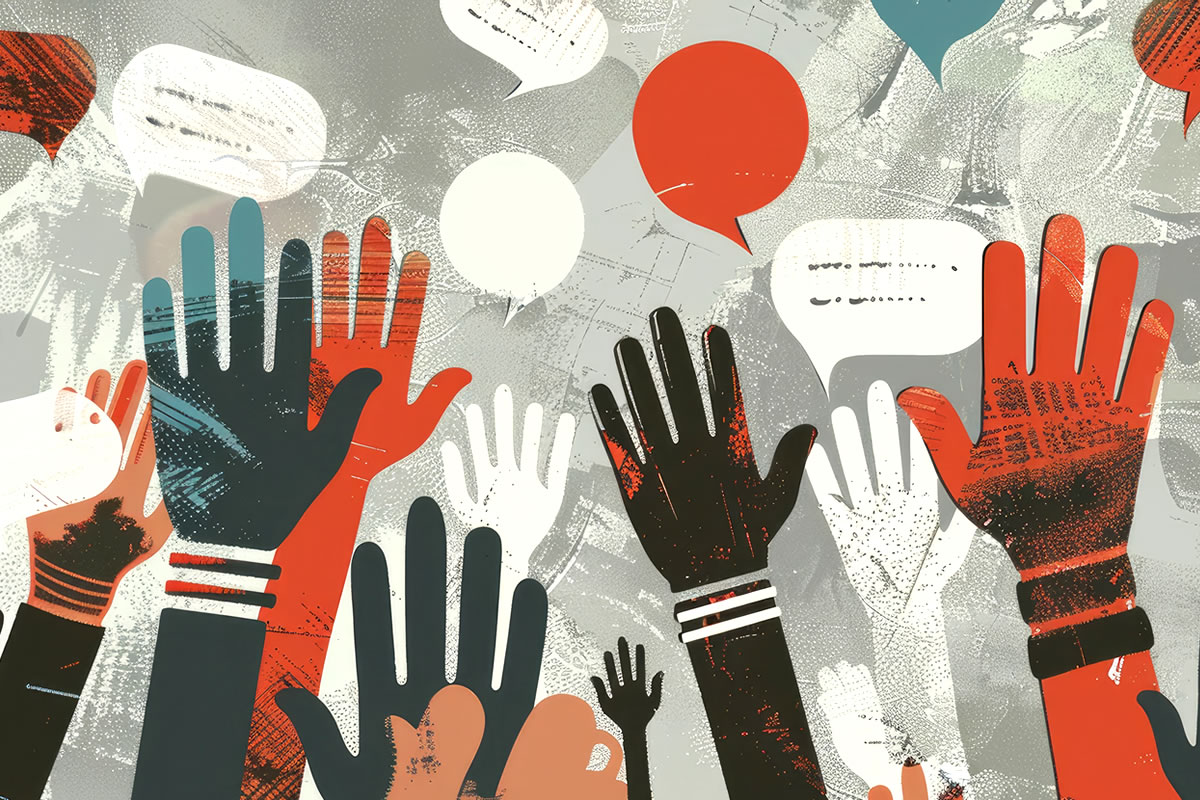Reconciliation—a term that once symbolised unity and healing in Australia—has evolved into a complex and, at times, contentious concept. While the intention behind reconciliation is to address historical injustices and foster a harmonious society, the current trajectory of race-based policies raises questions about their effectiveness and impact on national unity.
The Evolution of Reconciliation
Australia’s journey toward reconciliation began earnestly in the late 20th century, marked by significant milestones such as the 1967 referendum, the establishment of the Council for Aboriginal Reconciliation in 1991, and the National Apology in 2008. These efforts aimed to acknowledge past wrongs and build a more inclusive future.
However, recent initiatives, including the proposed Indigenous Voice to Parliament and the proliferation of Welcome to Country ceremonies, have sparked debate. Critics argue that these measures, while symbolic, may inadvertently entrench divisions by emphasising racial distinctions over shared national identity.
The Voice to Parliament: A Divisive Proposal
The proposal for an Indigenous Voice to Parliament intended to provide Aboriginal and Torres Strait Islander peoples with a constitutionally enshrined advisory body. Proponents viewed it as a step toward greater inclusion, while opponents raised concerns about creating a parallel structure based on race.
The 2023 referendum on this proposal resulted in a decisive rejection, with over 60% of Australians voting against it. This outcome highlighted a national reluctance to institutionalise racial distinctions within the political framework.
Welcome to Country: Symbolism vs. Substance
Welcome to Country ceremonies have become commonplace at public events, intended to honour the traditional custodians of the land. While rooted in respect, their frequent and sometimes perfunctory use has led to criticism. Some view these ceremonies as tokenistic, lacking genuine engagement with Indigenous communities and issues.
Moreover, the commercialisation of these ceremonies has raised ethical questions. Instances where individuals or organisations profit from performing Welcomes to Country, without direct ties to the local Indigenous communities, have been reported, leading to accusations of cultural exploitation.
Race-Based Policies: Impact on Meritocracy and Unity
Beyond symbolic gestures, race-based policies in areas such as employment and education have sparked debate over their implications for meritocracy. Affirmative action programs aim to address historical disadvantages faced by Indigenous Australians, but critics argue that they may compromise standards and foster resentment.
For instance, preferential hiring practices based on racial identity can lead to perceptions of unfairness, potentially undermining social cohesion. A merit-based approach, emphasizing individual qualifications and achievements, is advocated by those who believe it better promotes equality and unity.
The Path Forward: Emphasising Shared Values
To foster genuine reconciliation, a shift toward policies that emphasise shared values and equal treatment under the law is essential. This includes focusing on practical measures to improve education, healthcare, and employment opportunities for Indigenous Australians, rather than symbolic gestures that may inadvertently perpetuate division.
Encouraging open dialogue and inclusive narratives that celebrate the contributions of all Australians can help build a cohesive national identity. Recognising the unique cultures and histories of Indigenous peoples within the broader context of a united Australia is key to achieving lasting reconciliation.






